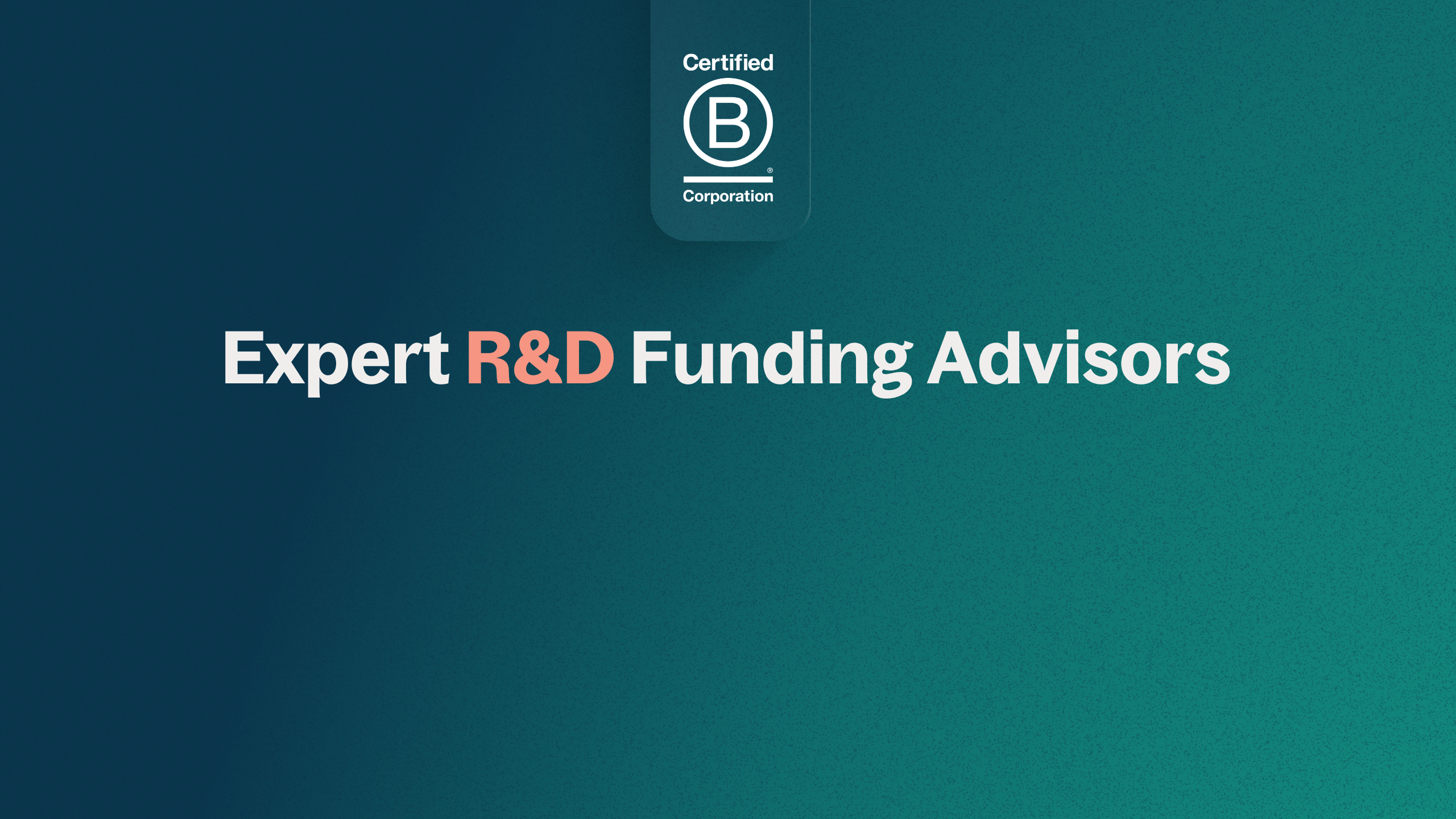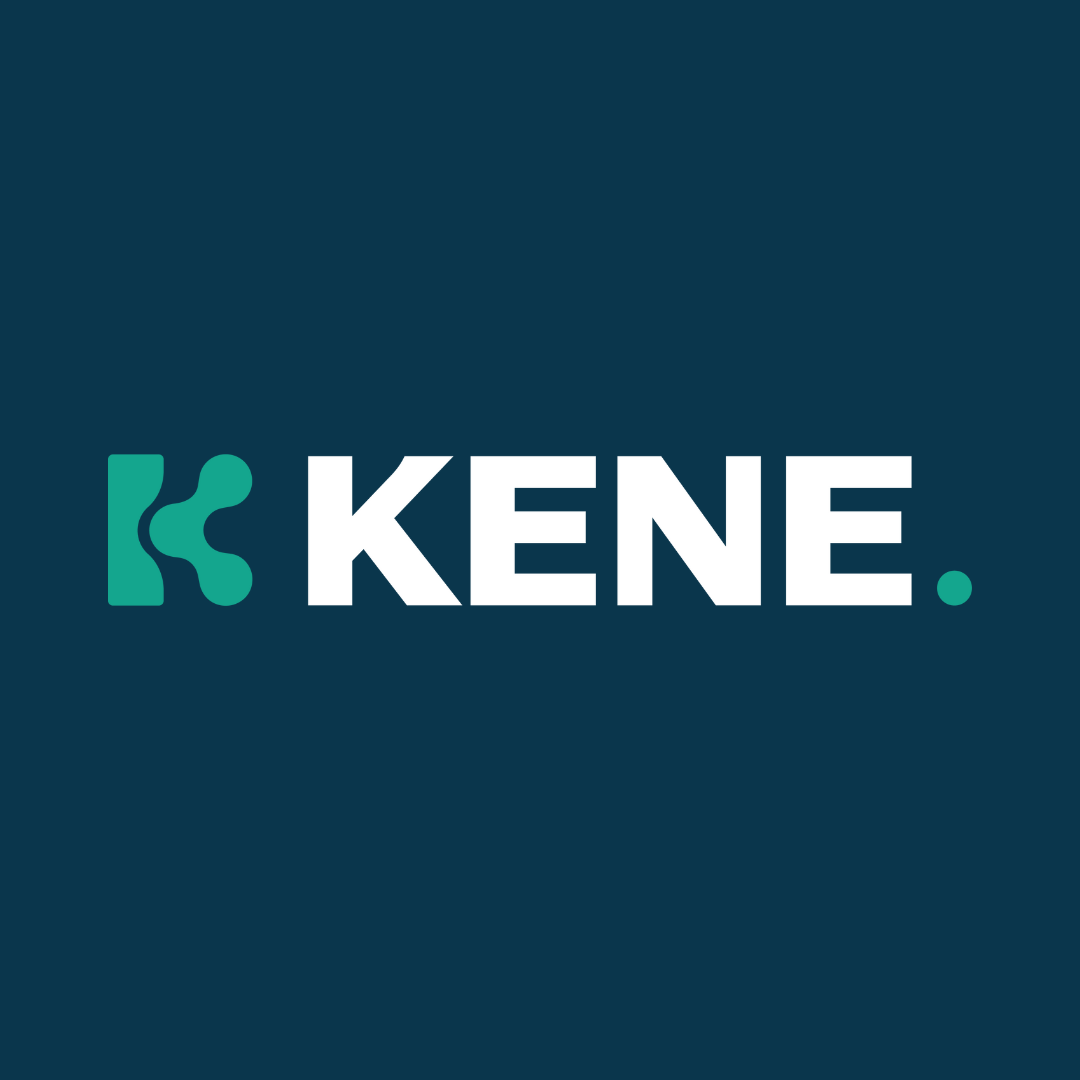

Kene

City of London, United Kingdom
April 2024
Other professional, scientific & tech
Service with Minor Environmental Footprint
United Kingdom
Kene are a team of expert R&D tax advisers. Since 2017, they have helped UK business access more than £135 million in R&D tax benefits. Their mission is to enable innovative companies to thrive. R&D tax credits serve as vital growth fuel, rewarding UK companies that seek to develop, extend, or improve products, processes, services, materials, devices, or knowledge in a particular field of science or technology. The legislation is purposefully broad to capture innovation across all sectors, from software to construction. As active members of HMRC’s R&D Communication Forum, they stay up-to-date on tax and legislative changes to provide relevant advice and guidance. Committed to understanding each client's unique needs, they provide exceptional support and are always prepared to go the extra mile. Their invest in a highly skilled team of engineers, sector specialists, and tax advisers, typically resulting in claims 28% higher than the industry average.
Overall B Impact Score
Governance 15.3
Governance evaluates a company's overall mission, engagement around its social/environmental impact, ethics, and transparency. This section also evaluates the ability of a company to protect their mission and formally consider stakeholders in decision making through their corporate structure (e.g. benefit corporation) or corporate governing documents.
What is this? A company with an Impact Business Model is intentionally designed to create a specific positive outcome for one of its stakeholders - such as workers, community, environment, or customers.
Workers 39.5
Workers evaluates a company’s contributions to its employees’ financial security, health & safety, wellness, career development, and engagement & satisfaction. In addition, this section recognizes business models designed to benefit workers, such as companies that are at least 40% owned by non-executive employees and those that have workforce development programs to support individuals with barriers to employment.
Community 15.1
Community evaluates a company’s engagement with and impact on the communities in which it operates, hires from, and sources from. Topics include diversity, equity & inclusion, economic impact, civic engagement, charitable giving, and supply chain management. In addition, this section recognizes business models that are designed to address specific community-oriented problems, such as poverty alleviation through fair trade sourcing or distribution via microenterprises, producer cooperative models, locally focused economic development, and formal charitable giving commitments.
Environment 7.5
Environment evaluates a company’s overall environmental management practices as well as its impact on the air, climate, water, land, and biodiversity. This includes the direct impact of a company’s operations and, when applicable its supply chain and distribution channels. This section also recognizes companies with environmentally innovative production processes and those that sell products or services that have a positive environmental impact. Some examples might include products and services that create renewable energy, reduce consumption or waste, conserve land or wildlife, provide less toxic alternatives to the market, or educate people about environmental problems.
Customers 5.0
Customers evaluates a company’s stewardship of its customers through the quality of its products and services, ethical marketing, data privacy and security, and feedback channels. In addition, this section recognizes products or services that are designed to address a particular social problem for or through its customers, such as health or educational products, arts & media products, serving underserved customers/clients, and services that improve the social impact of other businesses or organizations.